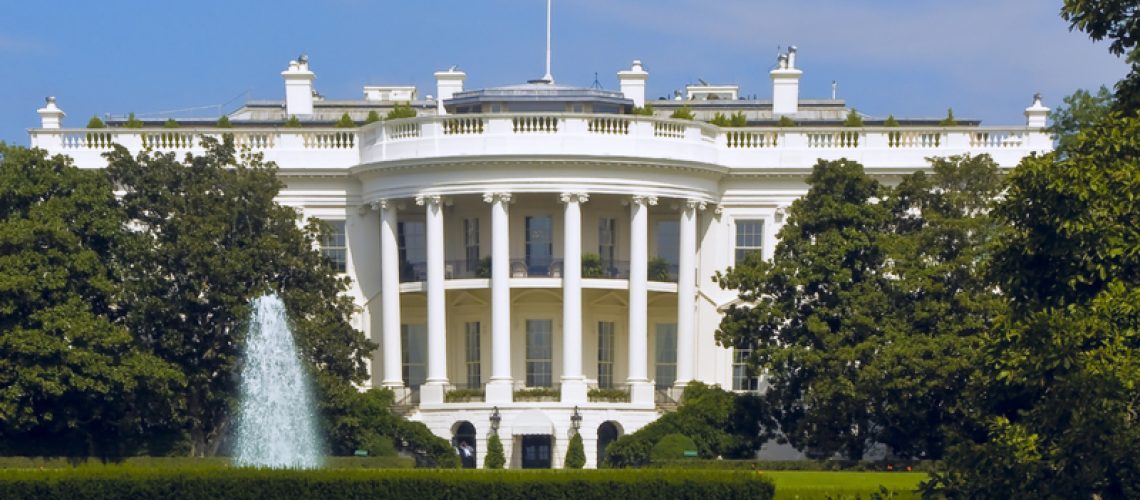President Joe Biden vetoed a bill to remove his two-year moratorium on tariffs for imported solar panels.
The joint resolution (H.J. Res. 39) was drafted by the U.S. House of Representatives Ways & Means Committee, which invoked the Congressional Review Act (CRA) to nullify the tariff pause on solar panels made in Cambodia, Malaysia, Thailand or Vietnam that using parts and components manufactured in China that are not already subject to an antidumping or countervailing duty order.
The bill passed the House 221-202 on April 28. The Senate followed suit with a 56-41 vote on May 3. The president received the bill on May 9 and vetoed it May 16.
“I vetoed H.J. Res. 39 because we cannot afford to create new uncertainty for American businesses and workers in the solar industry,” Biden said. “We can and must strengthen our energy security by maintaining our focus on expanding U.S. capacity that is ready to come on line as this temporary bridge concludes in June 2024.”
Congress could seek to override the veto, but it would require a two-thirds majority in the House and Senate to succeed. That means 290 out of 435 representatives and 67 out of 100 senators would have to vote for the measure.
“My Investing in America agenda is mobilizing hundreds of billions of dollars in private sector manufacturing and clean energy investments, and creating good-paying jobs,” Biden said. “When it comes to solar, since I took office, 51 new and expanded solar equipment manufacturing plants have been announced, and America is now on track to increase domestic solar panel manufacturing capacity eight-fold. The fact is, my plan is working.”
Gregory Wetstone, president and CEO of the American Council on Renewable Energy (ACORE), applauded Biden’s decision, adding that the veto will “avoid a disastrous impact on the U.S. economy” and allow solar projects to move forward.
“The Congressional Review Act repeal passed by Congress would have changed the rules renewable developers and manufacturers rely upon, resulting in many dozens of canceled solar projects, tens of thousands of lost jobs and a dangerous increase in carbon emissions,” Wetstone said. “Thanks to the President’s veto, the U.S. solar industry can now resume its growth as we expand our domestic manufacturing base to better meet the growing U.S. demand for solar panels.”
H.J. Res. 39 would have eliminated 30,000 American jobs, including 4,000 solar manufacturing jobs, according to Abigail Ross Hopper, president and CEO of the Solar Energy Industries Association (SEIA).
“The Commerce Department’s solar tariff case effectively shut down the solar industry last spring, and the short-term tariff pause was strategically implemented to both allow project development to continue and create a bridge to a domestic manufacturing future,” Ross Hopper said. “This strategy could not have come at a better time as the U.S. is experiencing an avalanche of solar manufacturing investment across the country thanks to the historic Inflation Reduction Act.”
Tags: Congressional Review Act (CRA), policy, tariffs



